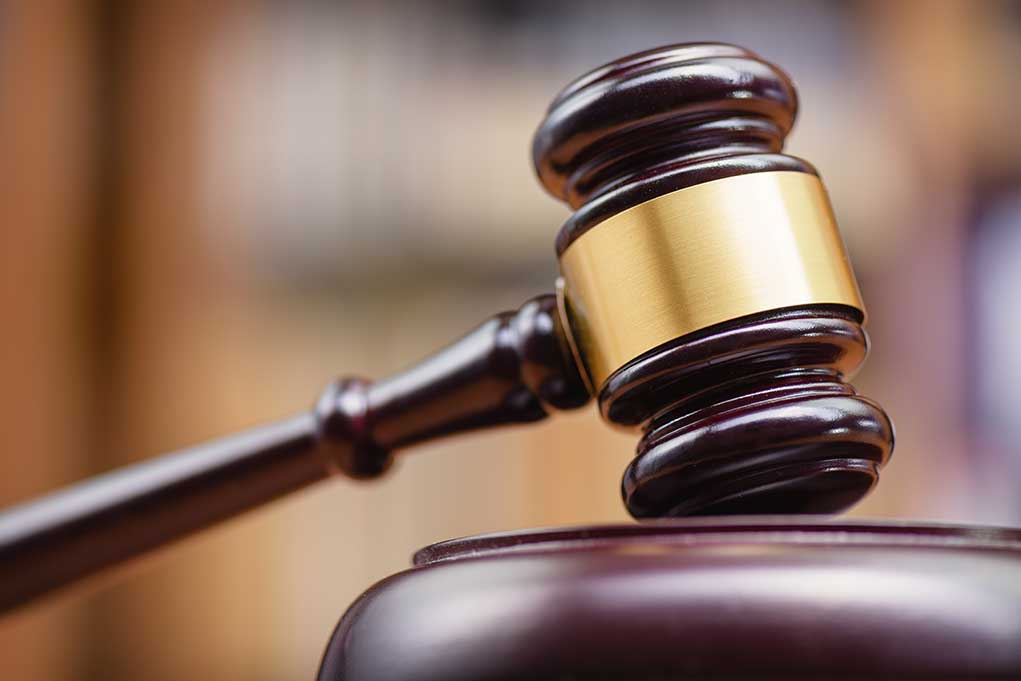
A legal battle is unfolding in Washington, D.C., where the Trump administration risks criminal contempt over the deportation of Venezuelan gang members, brushing against judicial orders and igniting a fierce national debate.
Key Takeaways
- Judge James Boasberg found probable cause to hold the Trump administration in criminal contempt over deportation flights.
- A restraining order was issued on March 15 against using the Alien Enemies Act for deportations.
- The Trump administration conducted deportations despite the order, labeling them essential for national security.
- The administration plans to seek immediate appellate relief.
- The U.S. Supreme Court allowed certain deportations under the Act but did not address its constitutionality.
Judicial Restraint Ignored
The Trump administration faced accusations of flouting legal directives after U.S. District Judge James Boasberg issued a restraining order to halt deportations under the Alien Enemies Act. Despite this, two planeloads of illegal aliens were sent to El Salvador, prompting allegations of willful disobedience. Judge Boasberg noted the administration’s actions as showing “willful disregard” for the court order, indicating probable cause for criminal contempt.
This contempt charge highlights the administration’s continued efforts against illegal immigration despite judicial resistance. Deportations targeted members of the notorious Venezuelan gang, Tren de Aragua, designated as a Foreign Terrorist Organization. The administration claims this is crucial for national security, aiming to minimize threats posed by terrorists and criminal illegal migrants to Americans.
Supreme Court Rulings Counter Judicial Orders
The situation took a more complex turn following a 5-4 Supreme Court decision allowing deportations of Venezuelan criminals under the Alien Enemies Act, yet it left the broader question of the Act’s constitutionality unresolved. The conflicting rulings underscore a significant clash between judicial authorities and executive decisions, creating a legal conundrum. Despite the Supreme Court’s nod to resume deportations, the Trump administration’s defiance of the restraining order may lead to prosecution.
The administration was provided a one-week deadline to respond and devise a plan to negate the contempt charge. Compliance involves granting deportees a chance to legally challenge their removal. Failure to follow through might entail identifying those responsible for the directive disobedience.
Judge Boasberg defies SCOTUS, plans to hold Trump in criminal contempt. His mission is to hand Democrats grounds for impeachment and a midterm election platform to impeach Trump. No sitting POTUS has ever been charged with criminal contempt. We are witnessing a live coup attempt! pic.twitter.com/o3T3skkRzw
— Sling Blade Karl 🇺🇸 (@SlingbladeKarl) April 16, 2025
Defense and National Security Priorities
The Trump administration persists with its immigration policies, maintaining they are quintessential for the nation’s security. White House Communications Director Steven Cheung stated, “The President is 100% committed to ensuring that terrorists and criminal illegal migrants are no longer a threat to Americans,” indicating a firm stance against retracting their deportation efforts.
This legal standoff underlines the administration’s zealous approach in shielding Americans through aggressive policies, perhaps at the cost of contravening judicial mandates. This case represents a critical intersection of law, order, and national security, as it continues to fuel debates on immigration and executive power.
Sources:
- Judge Finds Ground to Hold Trump Administration in Criminal Contempt Over Deportation Flights
- Judge finds probable cause to hold Trump administration in criminal contempt in deportation flights case
- Judge: ‘Probable cause’ to hold U.S. in contempt over Alien Enemies Act deportations

